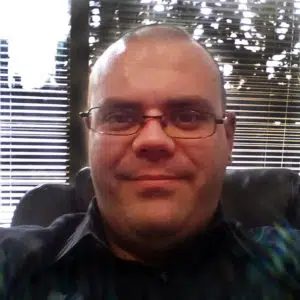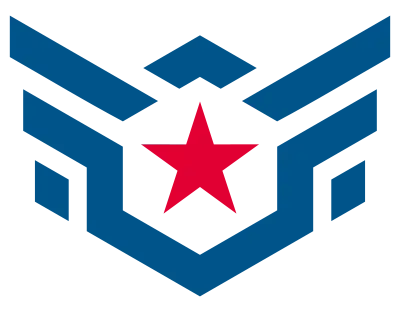Your 18th birthday is around the corner. Like most of your friends, you are excited about reaching that special milestone and officially becoming an adult. However, unlike the rest of your friends, you’re nervous because you don’t have a plan for what’s next. As a teen in foster care, your group home has provided shelter and care, but not guidance for developing an independent life. You don’t know much about budgeting finances, exploring college, or how to find a job. Aging out of foster care is a daunting reality.
PRIDE Industries offers employment services for youth aging out of foster care. The program is designed to ease the transition out of foster care and help you reach your goals. You will have access to coaching, mentoring, training, internships, job placement training, and community resources, so you will be well equipped for your journey to a fulfilling life.
One member of PRIDE Industries’ foster youth employment services team is AbilityOne Recruiter Dustin Spears. Having grown up in the foster care system, he understands what it’s like to develop a career without much support. Today, Dustin is using his experience and expertise to help others like himself who are aging out of foster care. As part of his role at PRIDE, he partners with several nonprofits and governmental organizations to place our Inclusive Talent Solutions staffing line at companies like Amazon. In his own words, Dustin shares his story along with some advice:
From Foster Youth Services to Independence
“90% of youth in foster care end up repeating the cycle by having their children placed in the system as well.”
Hearing this statement completely chilled me as I sat in a classroom one afternoon. That day, I made a promise to myself that this wouldn’t happen to me. I had to break this pattern.
For kids in foster care, reaching that 18th birthday is hard. You know that you will soon be on your own without a lot of guidance or fallback support. Since the age of 11, I had bounced in and out of 12 group homes. In some ways, it was my choice: I did not feel comfortable being placed with a foster family. When I was 16, I knew I wanted to take control of my life—the first step was testing out and graduating high school two years early.
This time was definitely challenging for me. I started college while I was working two full-time jobs, one at Carl’s JR as an Assistant Manager and another for a transportation company. It was hard, but I made the best of it and managed to support myself. I stuck with it, and along the way I learned valuable skills and lessons, like the importance of good customer service.
At age 21, I decided to switch gears to work in group homes for foster youth. Because I’d been in the same situation, I knew what these kids were going through. I was eventually promoted from a behavioral health associate to a manager. For several years, I managed a rehabilitation facility for children.
I’ve long known that I want to make a difference in the lives of former foster youth and people with disabilities, helping them gain independence and fulfillment. So when I got the chance to join PRIDE Industries in 2018 as an AbilityOne recruiter, I was thrilled.
Paying it Forward: Supporting Youth Transitioning Out of Foster Care
In my role with PRIDE Industries, I work with referrals, including former foster youth, to place them into jobs with PRIDE or through our partners in Southern California. So far in 2020, I have helped place over 25 youth into jobs at Amazon through our Inclusive Talent Solutions program.
What’s unique about PRIDE is the cycle of support that we offer, including job placement, vocational mentorship, training, and ongoing job coaching. We want to ensure that everyone succeeds in reaching their full potential. For every referral that I receive, I take the time to meet them and evaluate their goals, interests, and skills.
My advice for youth transitioning out of foster care is not to let your past define you. When searching for your first job, be flexible. Any place where you can get your foot in the door and build skills and experience can help you. Once you have a job, even if you don’t like it, keep it until you get a new one.
Another word of advice is to take advantage of as many nonprofit and government agencies as you can, including the Department of Rehabilitation in California. They will provide extra help, connections, and resources to set you on a career path and develop a resume. Accessing these resources will require filling out paperwork and dealing with agency bureaucracies. PRIDE can help with that. Consider PRIDE another resource for you.
One of the most significant barriers for former foster youth entering the workforce is access to transportation, especially now during the COVID-19 pandemic. Most youth who age out of the foster care system don’t have a car. PRIDE’s staff assists with navigating the system and looking for jobs/shifts that can accommodate the public transportation schedules.
The last thing I’d say to fellow foster youth is to realize that the experiences you’ve had have taught you valuable lessons about patience and perseverance. I know I wouldn’t be where I am today without my past. It’s brought me to a great job, and now I get to help other former foster youth find their success journey.


